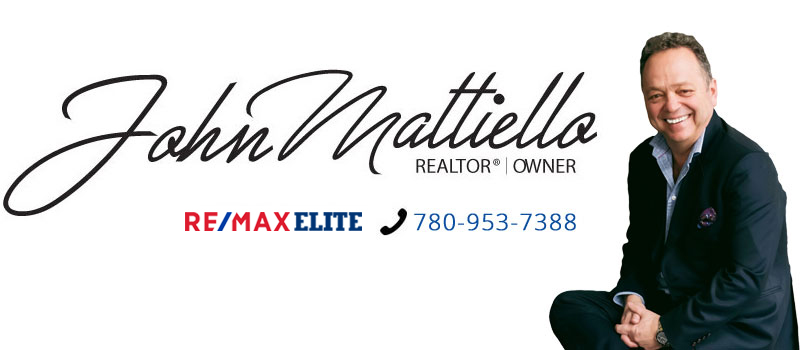- Developers are required to provide you with certain documents before you buy
- Once completed, it is move-in ready
- You may be able to customize your unit by picking out finishes, flooring, and appliances
- Reduced risk of having to undergo costly, noisy and intrusive repairs and renovations
- Modern building amenities
- New home warranty coverage
If construction isn’t complete, you are reliant on drawings, floor plans, and sample materials to determine what the condo and common property will look like.
You may have to wait months for construction to be competed. Your initial deposit will be tied up until construction is substantially completed.
Your move-in date could be delayed if construction is behind schedule.
You may have to pay occupancy fees (condo rent) if you move in before you receive the certificate of title from the developer.
The condominium’s estimated budget could change drastically once the condominium is completed, which could result in increased condo contributions (fees).
New condominium developments are sometimes built in multiple stages. A developer may complete one building, sell it, and then proceed to develop the next building. If you’re thinking of buying a new condominium, inquire as to whether it is a multi-stage project and consider whether subsequent parts of the development will benefit you or cause potential problems.
Buying New: Multi-Stage Developments
Multi-stage developments can benefit owners by adding new services and facilities, but they can also lead to obstructed views, changes in parking, and an increased number of residents accessing the common property. Potential buyers also need to consider that as additional buildings are completed, the number of owners will increase and therefore the condominium corporation will grow in size, which could impact the operating budget and reserve fund, which could in turn lead to higher condo contributions (fees) for owners. Developers may also change or cancel plans for future stages.
Buying New: Conversion Condominiums
Conversion condominium buildings were once used for non-condominium purposes. They may have been warehouses, breweries, rental properties, or commercial properties. Loft-style developments are a common example of a conversion condominium. Conversion properties are generally conventional condominiums and will vary greatly in style and size.
Buying Resale: Pros & Cons
- Pros of buying a resale condo
- The possession date is usually much sooner than a new development.
- You can see what the unit and complex looks like rather than relying on drawings and floor plans.
- The condominium corporation will have an established budget and reserve fund. You can review the corporation’s financial statements with your lawyer and document reviewer to see if there are any problems on the horizon.
- You can talk with other owners, members of the condominium board, and the property manager about the complex.
- Cons of buying a resale condo
- The unit may not be move-in ready and/or could need renovations.
- The amenities may be older or limited.
- The common property may require significant, costly repairs in the future.
- The seller is not obligated to provide any documentation. The onus is on the buyer to request important documents.



